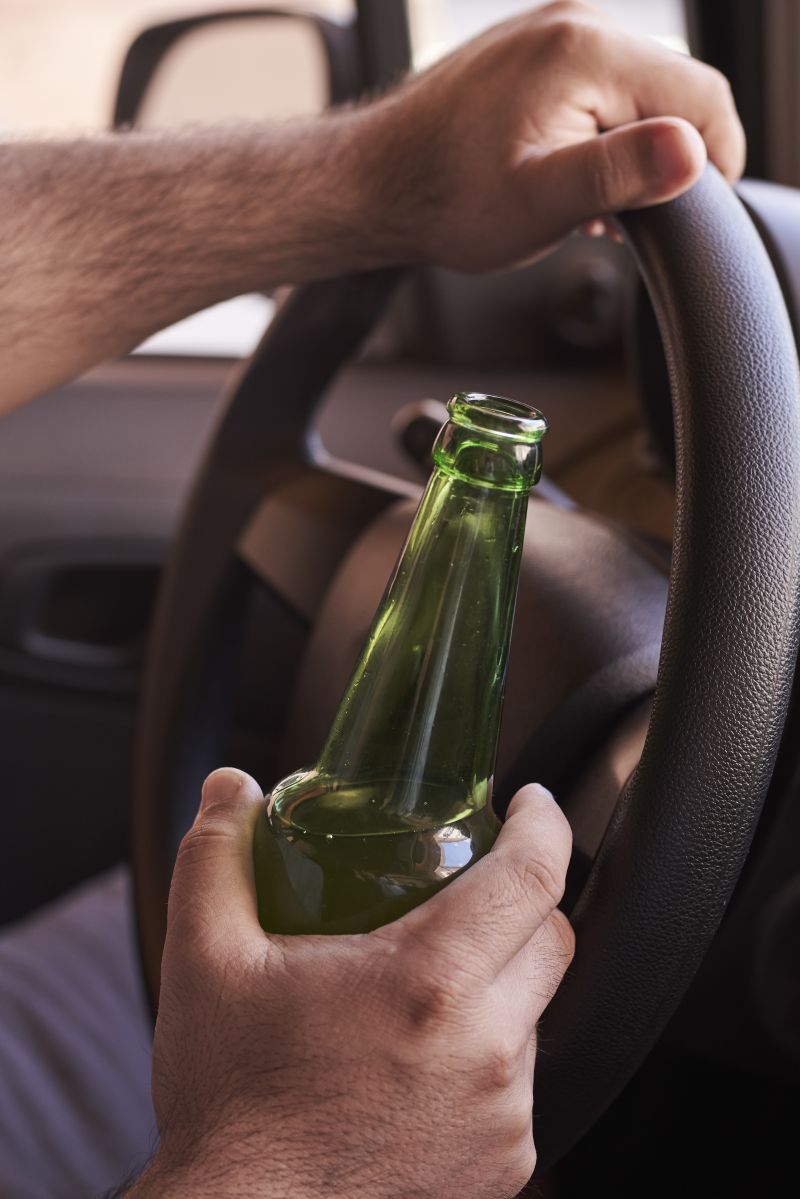The Automobile Association (AA) has reignited the debate on a zero-tolerance alcohol policy for drivers in South Africa, advocating for a complete ban on alcohol consumption before driving. This proposal follows alarming statistics on drunk driving-related accidents and fatalities, raising legal and practical concerns about its implementation and enforcement.

South Africa’s Current Legal Stance on Drunk Driving
Under Section 65 of the National Road Traffic Act, 93 of 1996, the current alcohol limits in South Africa for drivers are:
- 0.05g per 100ml for regular motorists
- 0.02g per 100ml for professional drivers
These limits define the legal drinking limit in South Africa, meaning that exceeding them can result in criminal charges for drunk driving. The proposed zero-alcohol policy would reduce the South Africa alcohol limit to 0.00g per 100ml, meaning any trace of alcohol in a driver’s bloodstream—regardless of the source—could lead to legal consequences.
A zero-alcohol limit would effectively criminalise any alcohol consumption before driving, raising legal questions about fair enforcement, evidentiary burdens, and constitutional rights.
Legal Arguments for a Zero-Alcohol Policy
Proponents argue that reducing the alcohol limits in South Africa to zero is a justifiable limitation of personal freedoms in the interest of public safety, as permitted under Section 36 of the Constitution of South Africa (the "Limitation Clause"). The government may argue that:
-
Preventative Legislation Reduces Road Fatalities – South Africa records thousands of alcohol-related crashes annually, resulting in deaths, injuries, and significant economic losses. Legal precedent supports the notion that strict liability laws in high-risk scenarios (such as operating a vehicle) are justified to protect public welfare.
-
Ease of Enforcement – A zero-tolerance policy eliminates discretionary enforcement issues, where drivers argue whether they were “slightly impaired” or “under the limit.” It simplifies prosecutorial procedures and strengthens deterrence.
-
Scientific Evidence on Alcohol’s Effects – Medical research confirms that alcohol impairs reaction time, cognitive function, and decision-making abilities, even at low levels. Reducing the South Africa alcohol limit to zero aligns with international best practices in road safety.
Legal Challenges and Constitutional Concerns
Despite these arguments, a zero-alcohol law introduces significant legal complexities, including:
-
Unintended Criminalisation of Innocent Drivers
- Alcohol is present in various medications, mouthwashes, and fermented foods, potentially resulting in false positive breathalyzer tests.
- This raises concerns about wrongful arrests and whether such a law disproportionately impacts law-abiding citizens rather than targeting reckless drivers.
-
The Burden of Proof in Criminal Proceedings
- South African law adheres to the principle of innocent until proven guilty. Under the zero-alcohol law, a trace amount of alcohol—even from medication—could shift the burden unfairly onto drivers to prove they were not impaired.
- If an accused person is arrested under this law, they may have to challenge the accuracy and reliability of breathalyzer or blood tests in court, leading to complex litigation and potential wrongful convictions.
-
Enforcement and Corruption Risks
- The AA previously opposed the zero-alcohol proposal, citing concerns about its practical enforceability and the potential for corruption in traffic policing.
- Without an increased visible police presence and effective roadside testing protocols, the law may do little to deter habitual offenders while creating enforcement difficulties for law-abiding citizens.
Potential Legal and Policy Alternatives
Instead of a blanket zero-tolerance policy, alternative legal approaches may be more effective in reducing drunk driving while maintaining fair legal standards, including:
- Stronger Sentencing for Repeat Offenders – Current laws impose penalties ranging from fines to imprisonment for drunk driving under the National Road Traffic Act. Stricter minimum sentencing laws could better target habitual offenders.
- Mandatory Alcohol Testing for Offenders – Countries such as the United Kingdom and Australia use alcohol interlock devices, which prevent convicted drunk drivers from starting their vehicles if alcohol is detected.
- Increased Roadside Enforcement – A more visible law enforcement presence combined with random breathalyzer tests would act as a deterrent without imposing unnecessary legal burdens on responsible drivers.
Aucamp - Attorneys in Johannesburg
While the zero-alcohol proposal aims to improve road safety, its implementation must balance public safety with constitutional rights and practical enforceability. A one-size-fits-all approach may inadvertently criminalise innocent motorists while failing to deter habitual offenders.
At Aucamp Attorneys, we understand the legal complexities surrounding South Africa’s drunk driving laws and their implications. If you require legal representation for drunk driving charges, need clarification on the South Africa alcohol limit, or wish to understand how this law may impact your rights, our team of attorneys in Sandton and attorneys in Johannesburg are available to assist you.
Contact us for expert legal guidance and effective defence strategies in all matters relating to drunk driving laws and enforcement in South Africa.